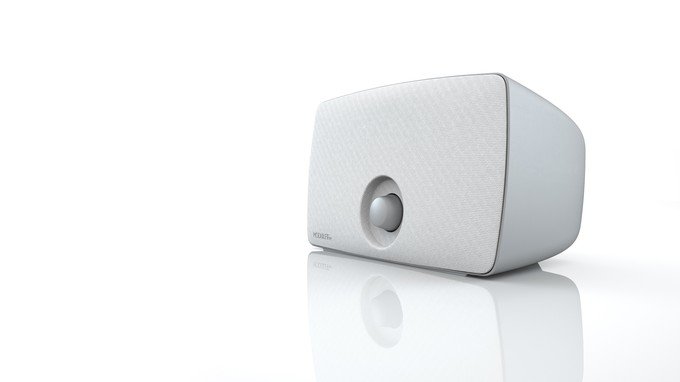Module Project raises almost $200K – has the time come for modular building?

Modular building has a future, at least if you listen to the folks at the Module Project. “We cannot consume the way we’re consuming,” says managing director Ketzal Sterling. “It’ll inevitably lead to destruction. We have to change the way we make things.”
That’s precisely what the Module Project is hoping to change, by building consumer electronics that cab be taken apart easily, easily have batteries replaces, or easily repaired – allowing consumers to keep using their devices rather than sending them straight to rubbish dumps. And it’s well on its way to doing so, thanks to a round of equity crowdfunding.
Module raised more than $185,000 from a round of funding on equity crowdfunding platform AlphaCrowd, far higher than the $50,000 target set. “Our actual target was more like $150,000,” explains Sterling. “It just means we can be further down the road when we launch our Kickstarter.”
That Kickstarter, he says, will likely launch on February 1 or March 1 next year. And following that, mass production of Module products could take place.
The first modular project for Module is Decibel, a wireless speaker that can be taken apart with a regular Allen key. In August, Sterling explained to Idealog why it made sense to design a speaker as their first product. “All the conventional products are glued together and therefore almost impossible to repair, so they’ll become immobile quite rapidly and will end up in a landfill in a short period of time,” he said. “Speakers are not predicated on size. We’re not competing on slimness. The physical properties of a speaker mean that they have to be a certain volume in order to have the interior air capacity to generate the bass we need. So because we’re not competing on size, we’re actually making the largest mobile wireless speaker in its category.”

He also said the design had to last just as long as the product. “We realised immediately that not only did we have to have a clean, simple design that would have longevity it would also have to be customizable. It allows us to redesign the product, to a degree, over time.”

There are still questions whether there’s a market for modular tech, however. Earlier this year, Google cancelled its much-hyped Project Ara, which was the tech giant’s effort to build a modular smartphone. Yet at the same time, companies like Fisher & Paykel say they’re more committed than ever to sustainability through sustainable manufacturing.
And Sterling himself is unfazed as to the future potential of the Module Project, and of modular building. “The first steps are always the hardest.”




